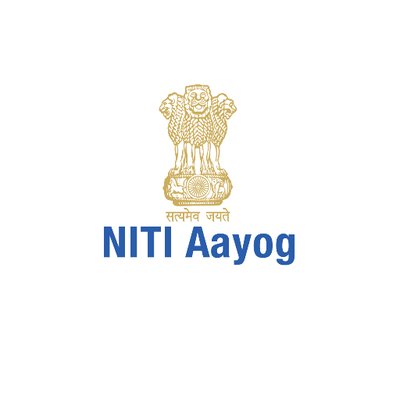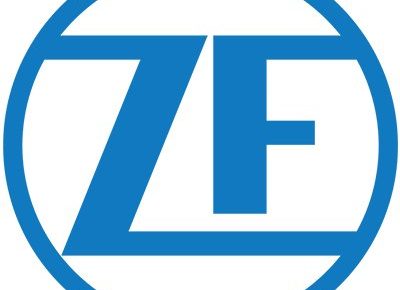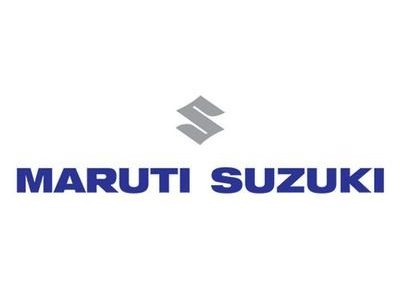Government think tank Niti Aayog on Thursday came out with a draft battery swapping policy for electric vehicles and suggested incentives as well as a rigorous testing protocol for swappable batteries.
The draft policy also comes at a time when there are rising concerns over safety issues around electric vehicles in the wake of multiple instances of such vehicles catching fire.
The Aayog in its draft policy further said all major cities such as state capitals, UT headquarters and cities with population above 5 lakh will be covered under the second phase, given the importance of the two-wheeler and three-wheeler vehicle segments in growing cities.
The policy seeks a level playing field across business models involving the sale of EVs with fixed or swappable batteries.
The draft policy also proposes that demand side incentives offered under existing or new schemes for EV purchase can be made available to EVs with swappable batteries eligible under this policy.
“The size of the incentive could be determined based on the kWh rating of the battery and compatible EV,” it suggested.
As per the draft policy, an appropriate multiplier may be applied to the subsidy allocated to battery providers to account for the float battery requirements for battery swapping stations
It is also proposed that a seamless mechanism for the disbursement of subsidies shall be worked out by the ministry or department concerned, the draft policy stated.
To ensure a high level of protection at the electrical interface, the Aayog proposed that a robust/rigorous testing protocol shall be adopted to avoid any dielectric breakdown, arc phenomenon, or any unwanted temperature rise at the electrical interface.
Battery management system (BMS) of the battery must be self-certified and open for testing to check its compatibility with various systems, and capability to meet safety requirements, it said.
The draft pointed out that as per the current Goods and Services Tax (GST) regime, the tax rates on lithium-ion batteries and Electric Vehicle Supply Equipment (EVSE) are 18 per cent and 5 per cent, respectively.
“The GST Council, the decision making body on GST provisions, may consider reducing the differential across the two tax rates,” it suggested.
According to the draft policy document, to provide improved information on battery health and performance, and to enable more flexibility to consumers through peer-to-peer roaming networks, data sharing agreements among major battery providers will be encouraged.
To implement unique traceability across the battery lifecycle, the draft policy also proposes to assign a Unique Identification Number(UIN) at the manufacturing stage for tracking and monitoring EV batteries.
It said any individual or entity is free to set up a battery swapping station at any location, provided that the specified technical, safety and performance standards are adhered to.
Considering the constraint of space in urban areas for setting up charging stations at scale, Finance Minister in her Budget speech 2022-23 had announced that the Centre would be introducing a battery swapping policy and interoperability standards in order to improve efficiency in the EV ecosystem.
According to an official statement, in this regard, Niti Aayog held an inter-ministerial discussion to formulate a robust and comprehensive battery swapping policy framework in February 2022.
It also held an extensive pre-draft stakeholder discussion with a wide spectrum of stakeholders representing battery swapping operators, battery manufacturers, vehicle OEMs, financial institutions, think tanks and other experts.
Battery swapping is an alternative which involves exchanging discharged batteries for charged ones.



